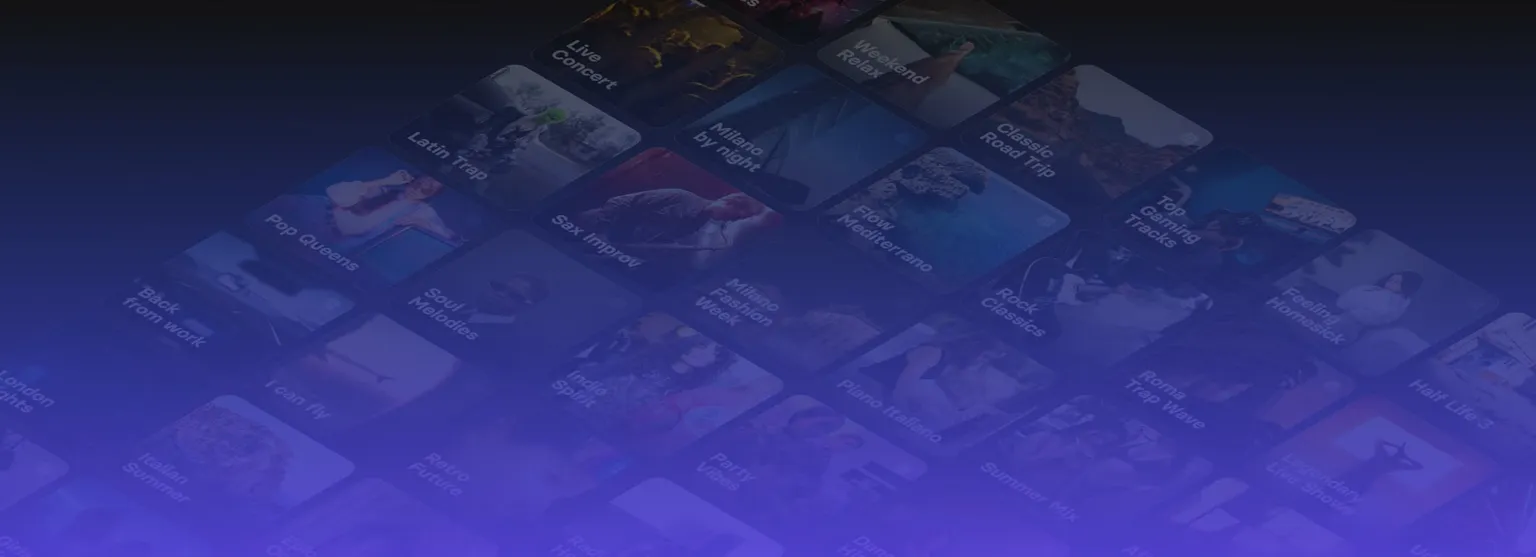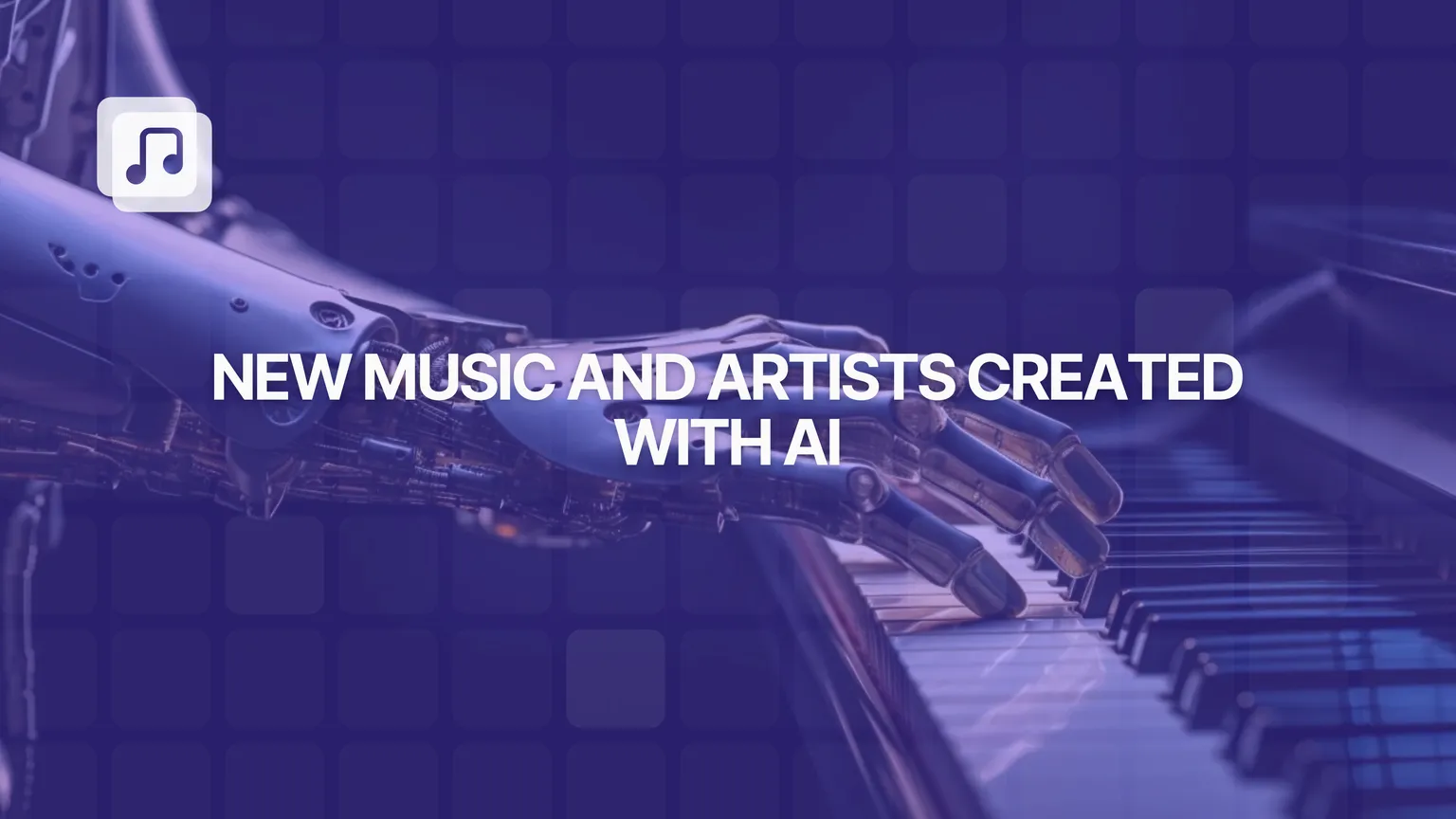
In an era where artificial intelligence is rapidly reshaping creative industries, music has emerged as one of its most fascinating and controversial frontiers. One striking example is the viral rise of an artist on Spotify who has amassed over 1 million monthly listeners without being human.
According to a recent expert analysis, much of this music was generated using Suno, a powerful AI music tool, raising questions about transparency, copyright, and the future of music creation.
Meet the AI artist taking over Spotify
The artist in question goes by the name Aventhis, a country-rock act whose music blends Americana grit with emotionally-charged storytelling. At first glance, Aventhis seems like any other niche artist quietly breaking through Spotify’s algorithm. But behind the outlaw persona is a creative process powered almost entirely by AI technology.
An analysis by AI-detection company Uhmbrella found that several of Aventhis’ most streamed tracks were created using generative music platforms such as Suno and Riffusion. For example:
- “Mercy On My Grave” was found to be 66% created with Riffusion and 27% with Suno
- “I’m A Dead Man Walkin’” was determined to be 87% generated with Suno
While Aventhis’ music features lyrics and thematic content developed by a human—David Vieira, who has publicly acknowledged using AI tools—the sound, production, and even vocals are largely synthetic.
In one of Vieira’s YouTube videos, he openly stated:
“The voice and image are created with the help of AI. The lyrics are written by me.”
This hybrid process reflects a broader trend: human creators leveraging AI to scale music output, craft sonic identities, and reach global audiences—often without traditional studios, session musicians, or record label backing.
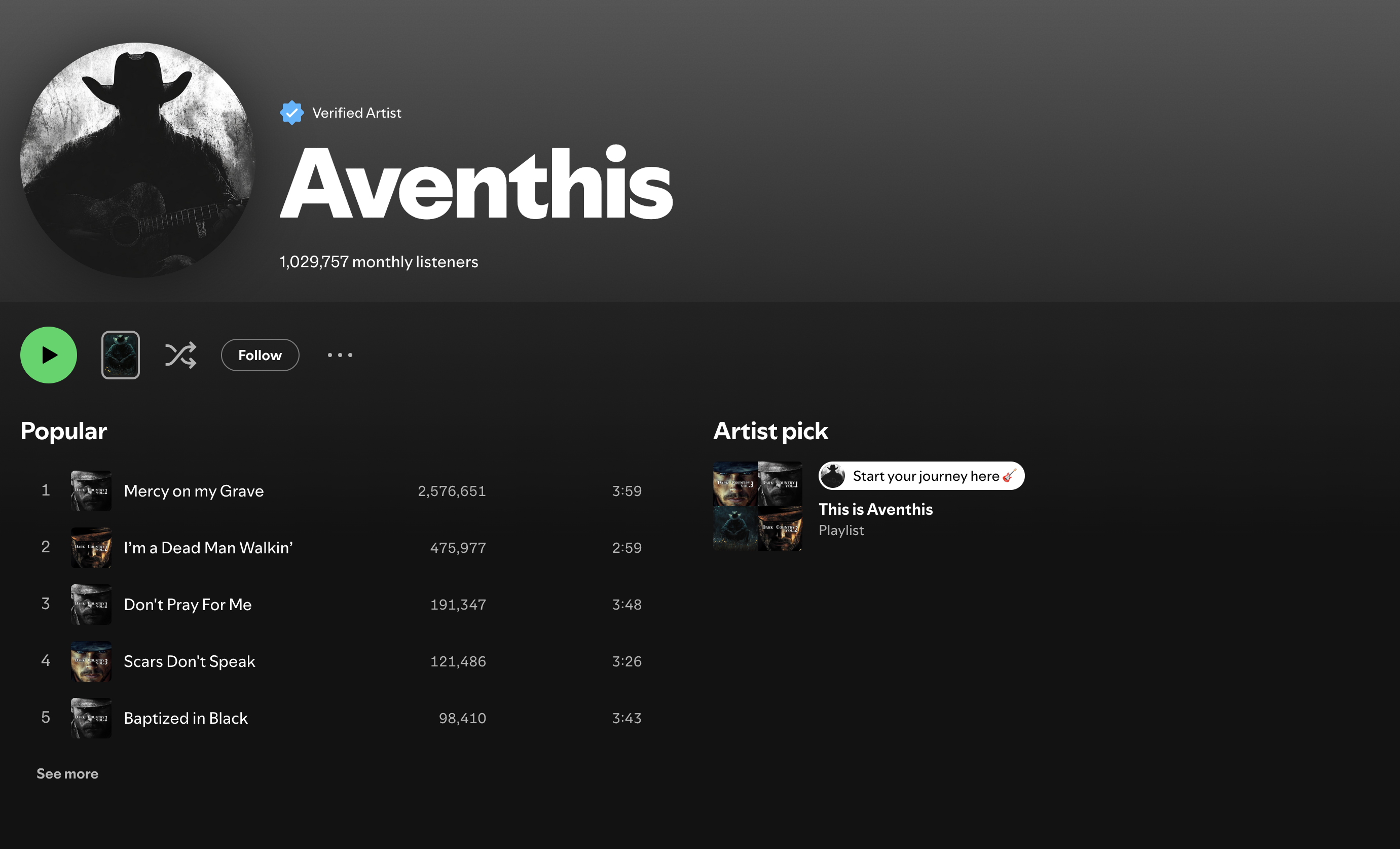
The Devil Inside: another AI-generated artist on the rise
Aventhis isn’t alone. Another project called The Devil Inside, also operating in the outlaw-country genre, has been exposed for using AI-generated music. According to Uhmbrella’s findings, nearly all of The Devil Inside’s catalog, over 98%, was created using Suno.
What’s more, the project has found an audience. The Devil Inside has seen viral traction on Spotify and TikTok, particularly among fans of eerie, cinematic Americana.
These examples showcase how AI-generated acts are not only blending into mainstream platforms but also actively competing with human artists for streams, playlist placements, and attention.
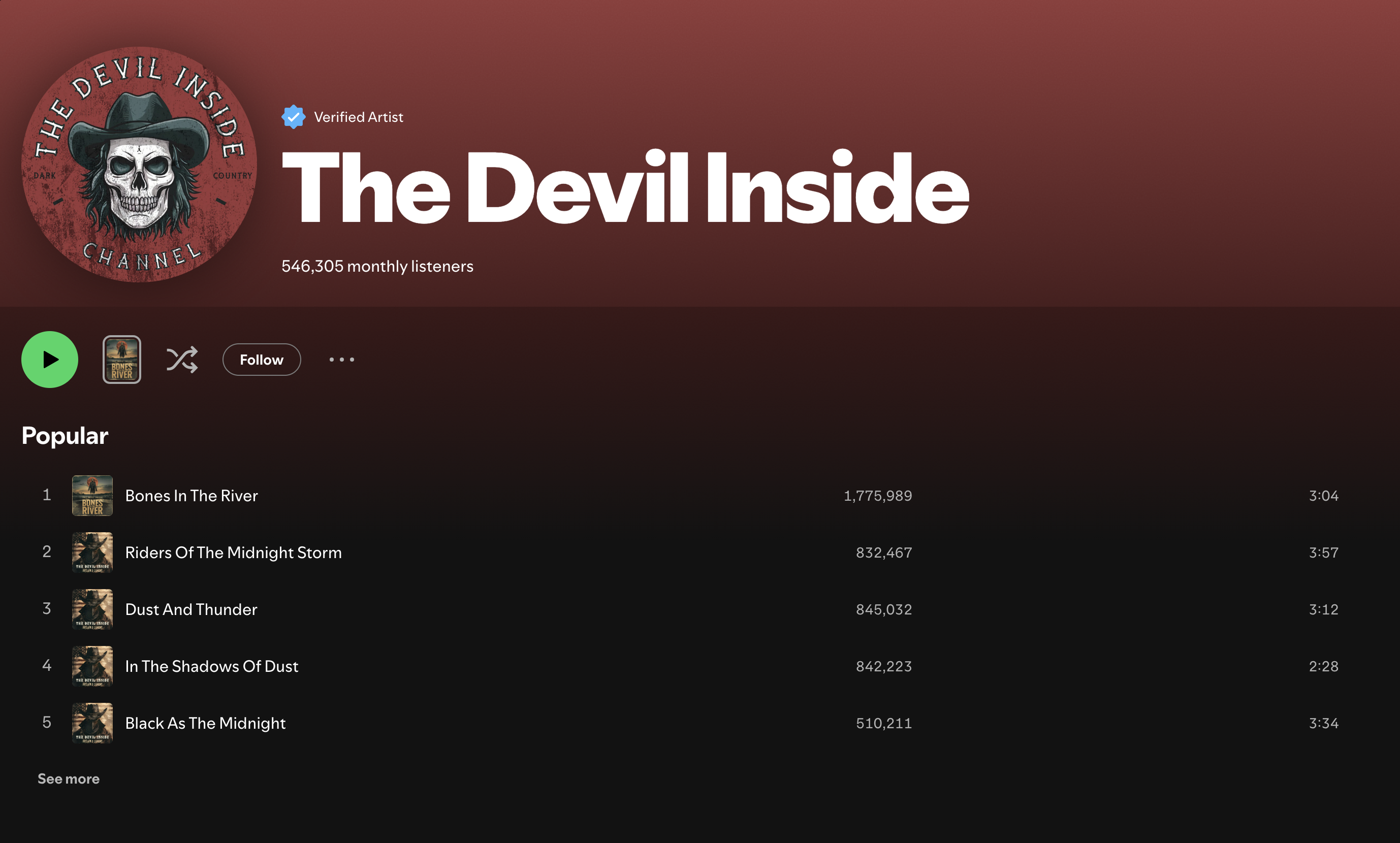
AI music flooding the streaming space
Uhmbrella’s report highlights a growing concern in the music industry: AI-generated content is flooding streaming platforms at unprecedented rates.
“AI music is flooding streaming platforms at scale. Without proper detection or attribution tools, the industry has no visibility, no accountability, and no way to protect real creators,” said Drew Lemoine Belardo, CEO of Uhmbrella.
As platforms like Spotify, Apple Music, and YouTube struggle to detect AI-generated music, concerns are rising about authenticity, artist rights, and the integrity of music charts.
This raises an urgent need for tools that can label or tag AI-generated music, giving listeners, platforms, and rights holders the ability to identify what is and isn’t machine-made.
Suno and the rise of generative music platforms
At the heart of this wave is Suno, one of the fastest-growing AI music platforms in the world. With backing from leading investors and over $125 million raised, Suno is now valued at approximately $500 million. It allows users to create full songs in minutes using just text prompts.
Suno’s rapid rise has already sparked headlines and controversy. In June 2024, it launched a creator rewards program called Summer of Suno, which allows top users to monetize their AI-generated songs. Hundreds of creators have already earned payouts through the platform.
But not everyone is celebrating.
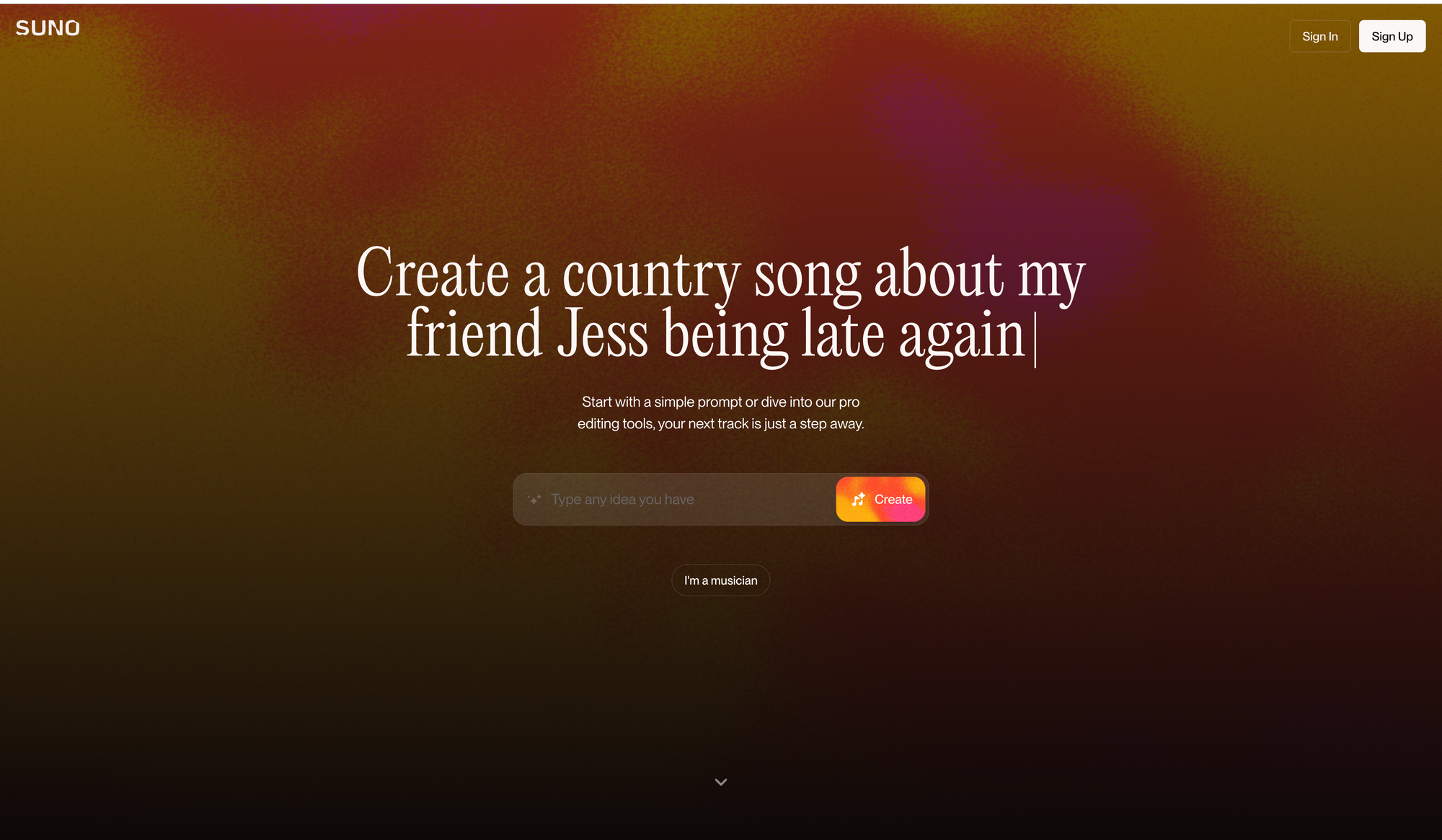
Legal challenges: music labels vs AI
The three biggest record labels, Universal Music Group, Sony Music, and Warner Music, have launched lawsuits against Suno and its competitor Udio, claiming the AI companies trained their models on copyrighted music without permission.
According to a lawsuit filed by the RIAA (Recording Industry Association of America), Suno and Udio are accused of “massive infringement” and “unauthorized copying” of music from some of the world’s most popular catalogs.
Both companies have denied wrongdoing, but pressure is mounting. Music labels are now demanding formal licensing agreements, similar to how streaming services like Spotify pay artists and rights holders.
In fact, sources have revealed that major labels are actively negotiating with Suno and Udio to set up royalty systems and licensing frameworks. This could pave the way for AI music to coexist with traditional music under stricter guidelines and clearer attribution.
Many people wonder whether AI will ruin music or the industry as a whole. If you're curious about this topic too, we've explored it from several angles in an article you can find on our blog!
What’s at stake for the music industry?
The implications of AI-generated music go far beyond a few viral tracks. If left unregulated, generative music could:
- Undercut human musicians by flooding platforms with algorithmically optimized songs
- Divert royalty revenues away from real creators
- Confuse listeners and fans about who or what is behind the music they love
- Raise new ethical dilemmas around creativity, ownership, and authorship
For artists and songwriters, this technological shift could feel like an existential threat. If platforms prioritize volume and virality over authenticity and artistry, many fear that real talent may be overshadowed by machine output.
But others see opportunity.
For independent musicians, AI tools like Suno offer a chance to produce professional-quality music at a fraction of the cost. For marketers and sync licensing agents, AI can speed up production workflows and reduce reliance on expensive recording sessions.
The challenge now lies in finding a balance ensuring AI is used ethically, transparently, and in a way that supports human creativity rather than replacing it.
What comes next?
The AI music revolution is just beginning. Over the coming months, expect to see:
- Increased regulation and oversight from government bodies, especially regarding copyright and fair use
- New detection technologies to flag AI-generated content on platforms like Spotify and TikTok
- Licensing models that ensure creators—human or otherwise—are compensated fairly
- Creative collaborations between humans and AI that redefine what music-making looks like in the digital age
Whether you’re a fan, artist, or label executive, one thing is clear: AI is here to stay, and it’s reshaping the music industry in real time.
Matchfy and AI
Matchfy has chosen to make the most of AI in music promotion. It utilizes advanced artificial intelligence algorithms to analyze users’ musical tastes and automatically refresh their playlists with songs that truly reflect their preferences. This automatic playlist refresh ensures that every listener can discover and enjoy music that genuinely matches their taste.
This innovation not only enriches the listening experience for users but also provides a unique opportunity for emerging artists to get their music heard. With AI filtering and proposing songs based on specific listener preferences, the chances for new artists to reach the right audience through Matchfy significantly increase.

Conclusions
As artificial intelligence continues to transform the music landscape, one thing is certain, we’re standing at the threshold of a new creative era. Tools like Suno are no longer niche experiments; they’re shaping viral hits, redefining artist identities, and prompting massive legal and ethical debates across the industry. While some see AI as a threat to authenticity and artist livelihoods, others view it as a powerful ally, enabling faster, more affordable music creation and opening doors for independent voices previously left unheard.
At Matchfy, we believe in using AI to amplify human creativity, not replace it. That’s why we’ve developed intelligent tools that enhance music discovery and connect real artists with real listeners. Our technology learns from each user’s taste and updates their playlists automatically, helping great music, whether indie or mainstream, reach the ears that will appreciate it most.
